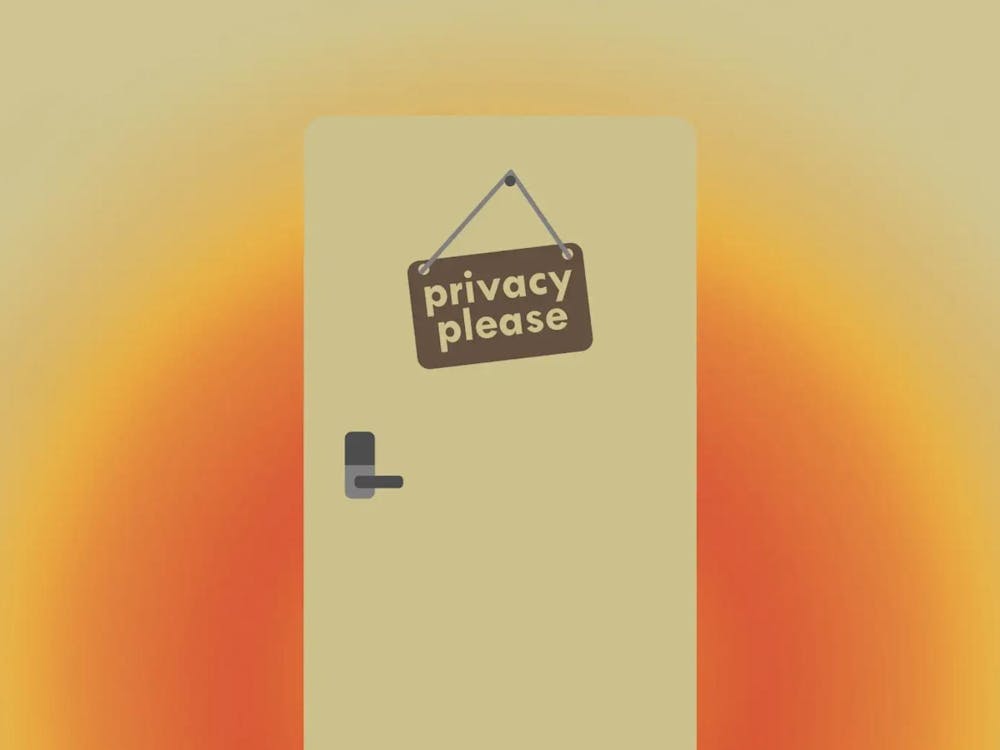Hey! How are ya? We're back at school again and that means a lot of the same old work, the same old conversations, the same old beer and the same old friends - if only I could remember their names. (I mean the friends, not the beers, but that's not to say that beer can't be your friend.)
In the opening weeks of each year at college, you usually meet a lot of new and interesting people. They're just not interesting enough for you to remember who they are. I'm terrible with remembering people, and it's often embarrassing. For example, one day I will be introduced to a nice girl named Susan. The next day I might see her again and mistake her for an automobile.
Sometimes I won't remember people I know well.
Person: Lee!
Me: ...Hey! How are you?
Person: I'm great. I've really missed you, Lee.
Me: Really?
Person: Of course!
Me: Oh...okay.
Person: Don't tell me you don't know who I am.
Me: Of course I do. You are...uh...hmmm. Didn't we go to high school together?
Person: Not quite.
Me: You must be Ed!
Person: No.
Me: Are you sure you aren't Ed?
Person: I'm your dad, Lee.
Me: Daaaaad! Well, your hair's shorter. I didn't recognize you. Besides, I haven't seen you in ages.
Person: Two weeks.
Me: Gosh, has it been that long?
One possibility for avoiding embarrassing moments such as this one is to have nicknames for people. Here is an extensive list that will be enough for you to survive any awkward conversation:
1) Tiger
2) Champ
3) Pimp Dawg
To demonstrate the effectiveness of these nicknames, let me to repeat a recent conversation I had.
Person: Wassup, Lee?!
Me: Hey, Pimp Dawg!
(I don't remember the rest of the conversation because Pimp Dawg and his friends managed to compact my head into a tiny Tupper-Ware container.)
While being introduced to all these new people, there is also the problem of the mandatory fake conversations. During these you are forced to ask all the usual questions, "Where do you live," "Where are you from originally," "How much would I have to pay you to stop talking to me?" These conversations can get incredibly boring and are most likely the reason the Pilgrims left England. Unfortunately these boring, conversations have found their way across the ocean.
I believe the best solution when you are faced with a pointless conversation is to act as if you are a reporter on a tightly run television news program. Sure, it might cause some confusion at first, but I think it could solve many problems.
For example, when a stranger continues to talk to you long after the proper introductions have been exchanged, you could abruptly interrupt the person and say, "Ohhhh, I'm sorry. That's all the time we have for today. I'll see you next time on News at Five!" Then, merely turn and walk away.
Another problem is the awkward silence during a conversation. However, the newscaster persona would easily solve this. As a newscaster, one is allowed to fire completely random questions at people because, after all, that is their job.
Example No. 1:
You: ...That's great.
Person: Yeah.
(Painfully awkward silence.)
You: "Sources tell me that you are a boring, annoying, self-absorbed man. Is this true?"
Person: What?! Who said that?!?
You: I have sources that I can't reveal. Just answer the question.
Example No. 2:
Person: So you have to understand that grain elevators are crucial in -
You: Do you like dumping pudding in your pants?
Person: What?!? I thought we were talking about grain elevators!
You: I'm just reading off the cards here. The higher-ups want you to answer the question.
Person: You have cards?
You: I'll ask the questions. Back to the pudding.
Person: I like dumping pudding down my pants.
You: That's what I thought. That's all for News at Five! Now, stop talking to me.




